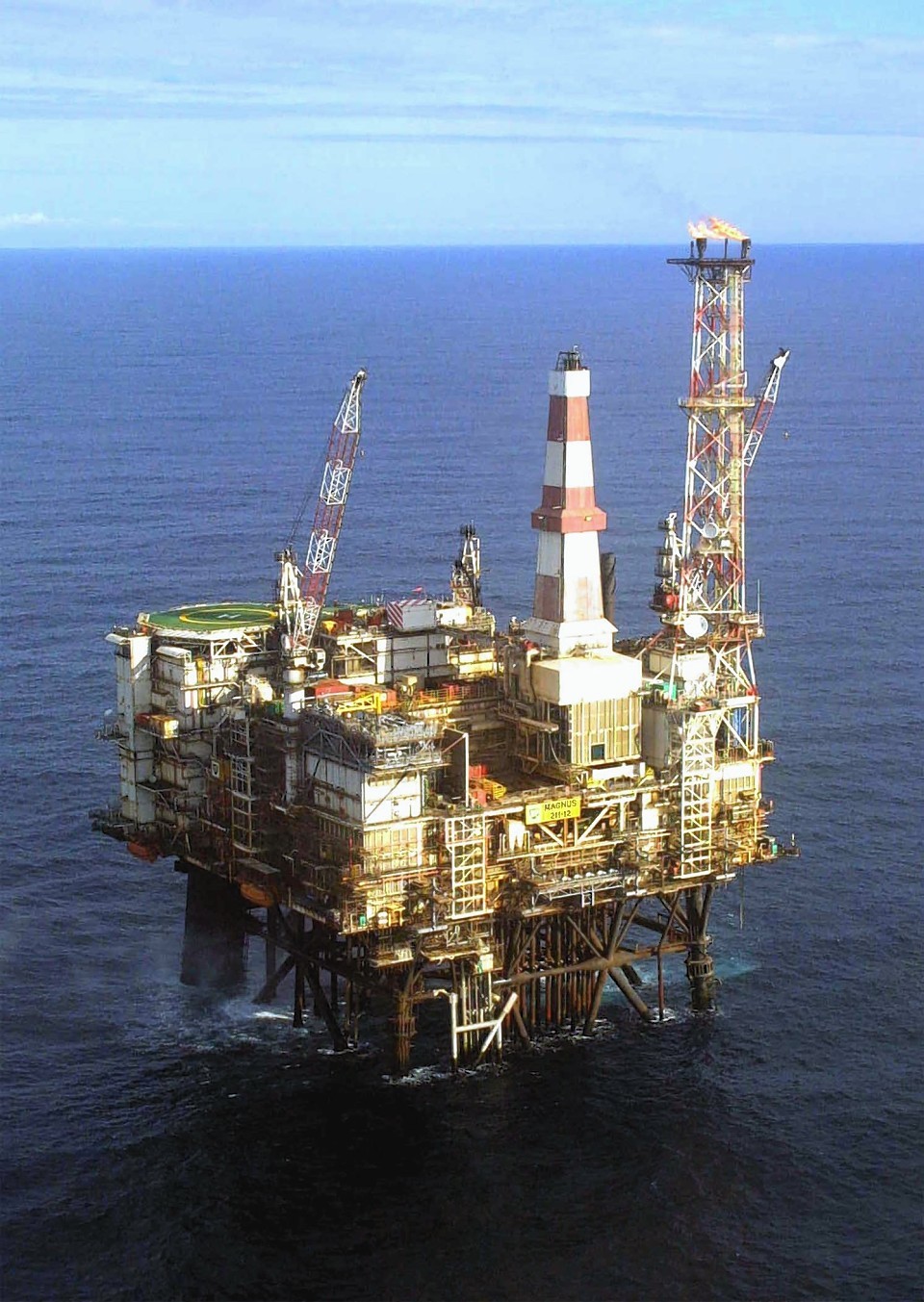Industrial service giant Cape has landed a major new contract as part of £500million-plus plans to “renew and refresh” the North Sea’s biggest platform.
Cape said yesterday it would work on BP’s Magnus life extension project, which is expected to make the 31-year-old installation fit for use for another 20 years.
It being undertaken by BP as part of its North Sea renewals programme, with the work taking place through to the second quarter of next year.
Singapore-based Cape did not put a figure to its latest deal but it tends not to announce contract wins to the stock market unless they are above £20million in value.
It said its involvement would help pave the way for “new drilling and the value-adding work that will see Magnus maximise its potential”.
Cape UK managing director Simon Hicks added: “We are delighted to be awarded this project to support BP in its North Sea renewals programme.
“We look forward to working with BP to deliver this project safely and effectively.”
Oil giant BP announced its plans for Magnus, which first produced oil in 1983 after an inauguration ceremony led by then prime minister Margaret Thatcher, just over a year ago.
More than three decades later, it is BP’s oldest platform in the UK and still remains one of the most important in the company’s North Sea portfolio.
It is also the UK’s most northerly oil and gas field, situated 300 miles south of the Arctic Circle.
The construction was designed to withstand 100-year storm conditions, meaning waves of up to 100ft and winds of up to 100 knots.
Magnus imports a large proportion of BP’s produced west of Shetland gas
The platform was originally expected to produce until the mid-1990s but after decades of successful operations and more than 1billion barrels of oil, it is being given a new lease of life.
It is the first platform to benefit from BP’s North Sea renewal programme – designed to extend the life of our mature assets, while improving reliability and creating capacity for production-related activities.
The installation also has an active drilling programme, with wells planned out to 2018 and others under evaluation for drilling beyond that.
